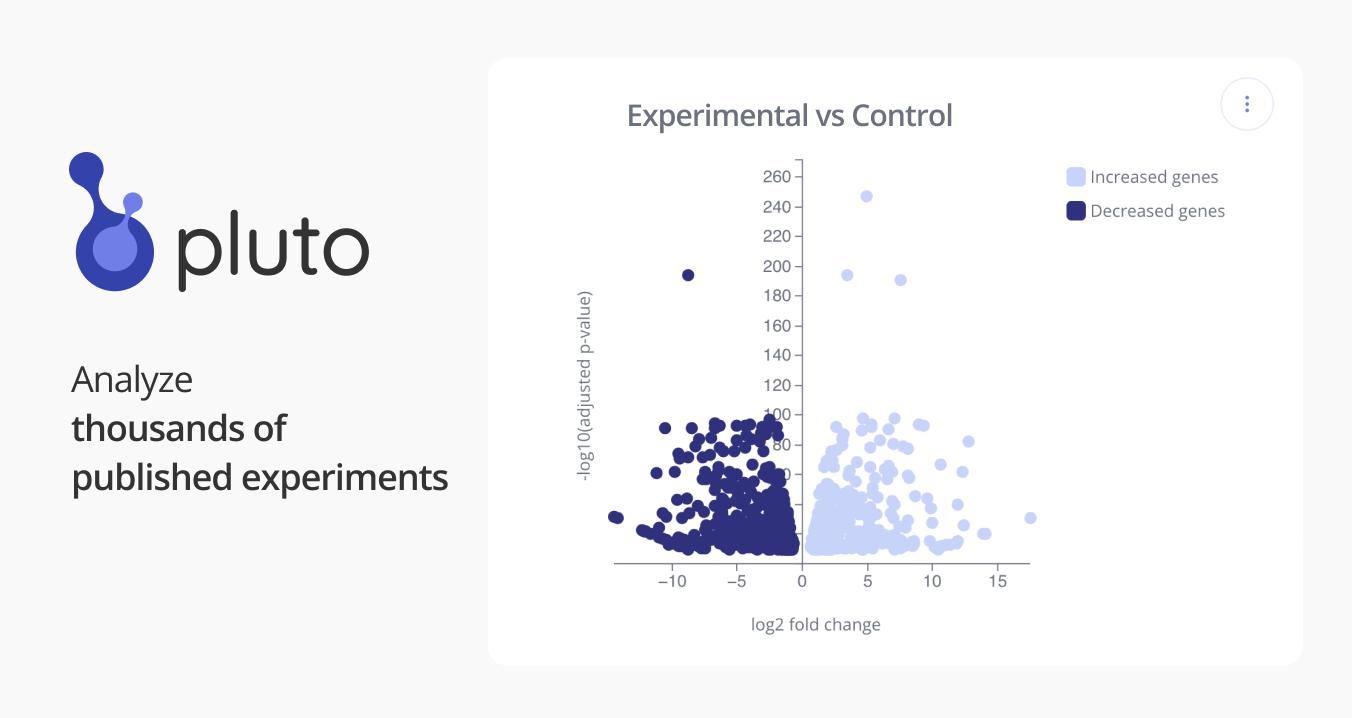Pluto Bioinformatics
GSE142173: Endogenous retroviruses act as enhancers to drive species-specific germline transcriptomes in mammals
Bulk RNA sequencing
Gene regulation in the germline ensures the production of high-quality gametes, long-term maintenance of the species, and speciation. Germline transcriptomes undergo dynamic changes after the mitosis-to-meiosis transition in males and have been subject to evolutionary divergence among mammals. However, the mechanism that underlies germline regulatory divergence remains undetermined. Here, we show that endogenous retroviruses influence species-specific germline transcriptomes in mammals. We show that the endogenous retroviruses function as active enhancers to drive evolutionarily young (mouse or rodent specific) spermatogenesis-specific genes after the mitosis-to-meiosis transition in male mice. These ERV loci bear binding motifs for critical regulators of spermatogenesis such as A-MYB. The genome-wide transposition of ERVs might have rewired germline gene expression in a species-specific manner. Notably, these features are present in human spermatogenesis, but independently evolved ERVs are associated with expression of germline genes, demonstrating the prevalence of ERV-driven mechanisms in mammals. Together, we propose a model whereby species-specific transcriptomes are fine-tuned by endogenous retroviruses in the mammalian germline. SOURCE: Akihiko Sakashita (Akihiko.Sakashita@cchmc.org) - Cincinnati Children's Hospital Medical Center
